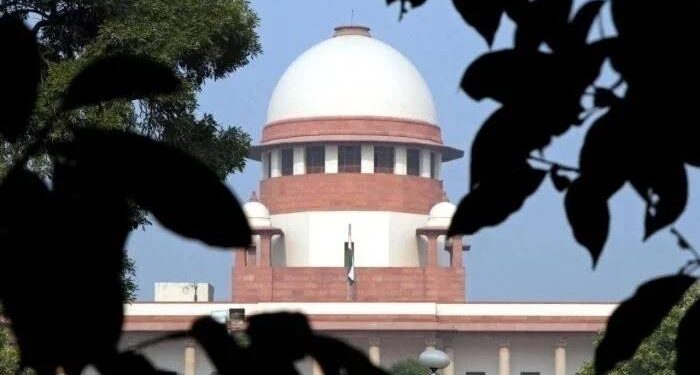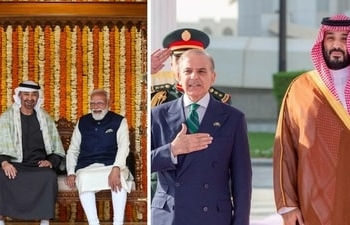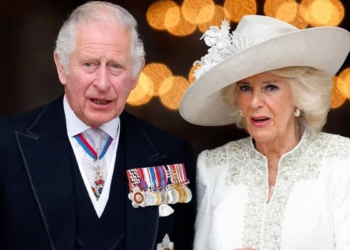The Supreme Court of India has stayed the Bombay High Court’s judgment acquitting all 12 accused in the 2006 Mumbai train blasts case, following concerns raised by the Maharashtra government that the ruling could affect other ongoing trials under the Maharashtra Control of Organised Crime Act (MCOCA).
A bench of Justices MM Sundresh and N Kotiswar Singh clarified that the stay would not impact the release of the 12 men, who were freed earlier this week after the High Court’s acquittal. Notices have been issued to all 12, seeking their response to the state’s appeal.
“We are inclined to hold that the impugned judgment shall not be treated as a precedent. Therefore, there will be a stay of the impugned judgment,” the bench stated.
Maharashtra Government’s Stand
Solicitor General Tushar Mehta, appearing for the state, argued that the High Court’s observations could “cast a shadow” over pending MCOCA cases. “We are not seeking a stay on their release, but on the judgment itself,” Mehta told the court.
The SC’s intervention comes after the state filed a swift appeal against the July 21 High Court verdict, which overturned the 2015 MCOCA special court convictions of 12 men—five of whom were sentenced to death, while the rest faced life imprisonment.
Background: The 2006 Mumbai Train Blasts
The July 11, 2006, terror attacks remain one of India’s deadliest, killing 188 people and injuring 829 when seven synchronized IED explosions tore through first-class compartments of Mumbai’s suburban trains within six minutes during evening peak hours.
The Maharashtra Anti-Terrorism Squad (ATS) arrested 13 men within four months, alleging involvement of former SIMI operatives aided by Lashkar-e-Taiba. However, the Bombay High Court’s exhaustive 400-page judgment dismantled the prosecution’s case, citing coerced confessions, unreliable eyewitness accounts, procedural lapses, and mishandled forensic evidence.



























